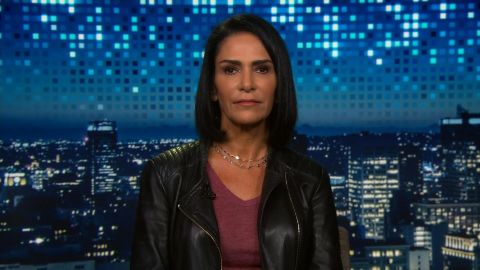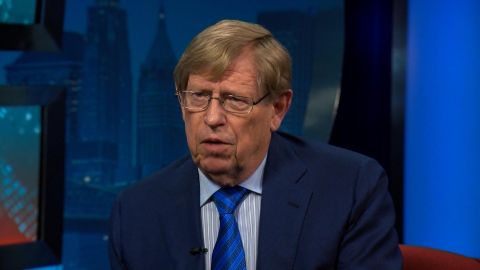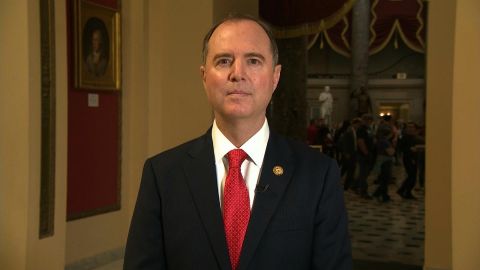Read Transcript EXPAND
REP. ADAM SCHIFF (D-CA): But we are, I think, in a profession that is very difficult during this kind of a crisis just in terms of interacting with our constituents, holding public events, and, frankly, just restraining the urge to shake everyone’s hand cuts very much against the grain for an elected official. But we are trying to figure out, how do we disseminate to our constituents the best information from the CDC, from the NIH and other agencies? Probably among the most important roles that we have in Congress right now, in addition to funding some of the infrastructure changes, the preparation, the testing that’s necessary, the development of vaccines, is to simply be purveyors of good information to our constituents. There’s, I think, few dangers as grave as misinformation during a crisis like this. People are hungry for good information. And that’s part of the important role we have to play.
CHRISTIANE AMANPOUR: You are having meetings today to talk about potential economic help for those who are suffering the most. It looks like the Democrats want to really help with sick pay and with all sorts of other things that protect workers. The administration is kind of interested in, you know, helping various companies and businesses, the tourism industry. Where do you think a consensus will develop?
SCHIFF: Well, we have seen before, when we have a crisis in this country, that there are good solutions that can help improve the economy or help serve as a bridge to get us to better times. And then there are others who would essentially use the crisis to try to advance a policy agenda unrelated to the crisis, but for which they think they can make a case. I think it’s very important that we focus on what will work, we incentivize the right kind of behavior. For example, we don’t want people who are sick to go to work. But if they can’t afford not to, if they have no unemployment or they have no sick leave, and they’re forced to expose themselves while sick to other people, that’s obviously not in anyone’s interest. So, making sure that there’s paid sick leave, making sure that people that are temporarily unemployed because of the reduction in demand for their services in a crisis like this have the kind of support they need. They will put that money back into the economy immediately, so it’s also an economic boost. But unrelated tax cuts that people have been pushing in good and bad times, in sickness and in health, that’s not the answer. I think we want to focus on creating the right incentives and also providing the country this economic lifeline at a time when the economy is very much on a precipice.
About This Episode EXPAND
Congressman Adam Schiff gives an update on coronavirus. Journalist Lydia Cacho discusses Monday’s nationwide women’s strike in Mexico. Former U.S. Solicitor General Ted Olson speaks to Walter Isaacson about the divided state of the Supreme Court and the DREAM Act.
LEARN MORE


